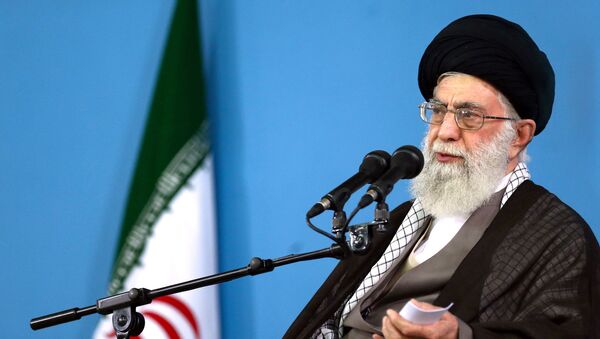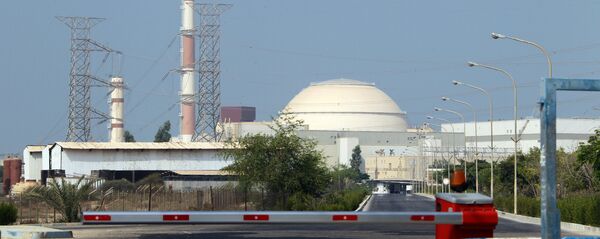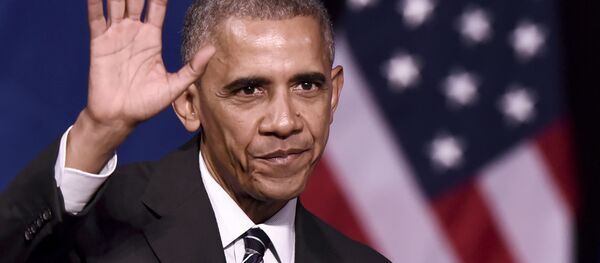Khamenei told a group of Revolutionary Guard members, "The current US government has breached the nuclear deal in many occasions…The latest is extension of sanctions for 10 years, that if it happens, would surely be against JCPOA (Joint Comprehensive Plan of Action), and the Islamic Republic would definitely react to it."
Iran signed the JCPOA with several world powers last year. The nuclear agreement was designed to ensure the peaceful use of nuclear technology in Tehran and ease economic sanctions. The House also passed a bill barring the sale of Airbus and Boeing commercial aircraft to Tehran.
Before becoming law the House bill must pass the Senate and be signed by President Barack Obama. ISA will expire at the end of the year if it is not renewed.
Obama has stated that he will veto the aircraft bill should it pass, along with another bill that would compel the government to disclose cash payments to Iran. The outgoing US president said signing the bills into law would transgress the deal Iran signed with the US, Russia, France, Britain, Russia, France, Germany and China.
Obama called the second bill "an ill-advised attempt to respond to a problem – so-called 'ransom' payments to Iran – that does not exist, in a way that would undermine US obligations and ultimately benefit Iran at the expense of the United States," according to the Jerusalem Post.
On the campaign trail then-candidate Donald Trump voiced his intention to "rip-up" the Iran deal upon entering the White House, calling the agreement "disastrous," in a move that some read as deference to Israel. The JCPOA was unanimously opposed by Republicans in Congress.
In April 2015, when talks with Iran were faltering, Sen. John McCain (R-AZ) remarked, "Any hope that a nuclear deal will lead Iran to abandon its decades-old pursuit of regional dominance through violence and terror is simply delusional."




